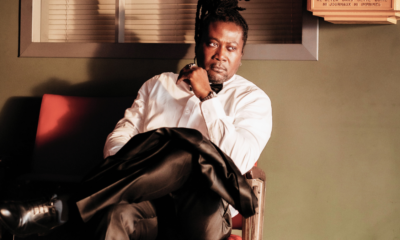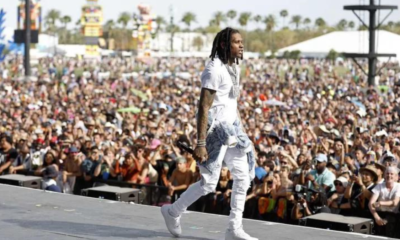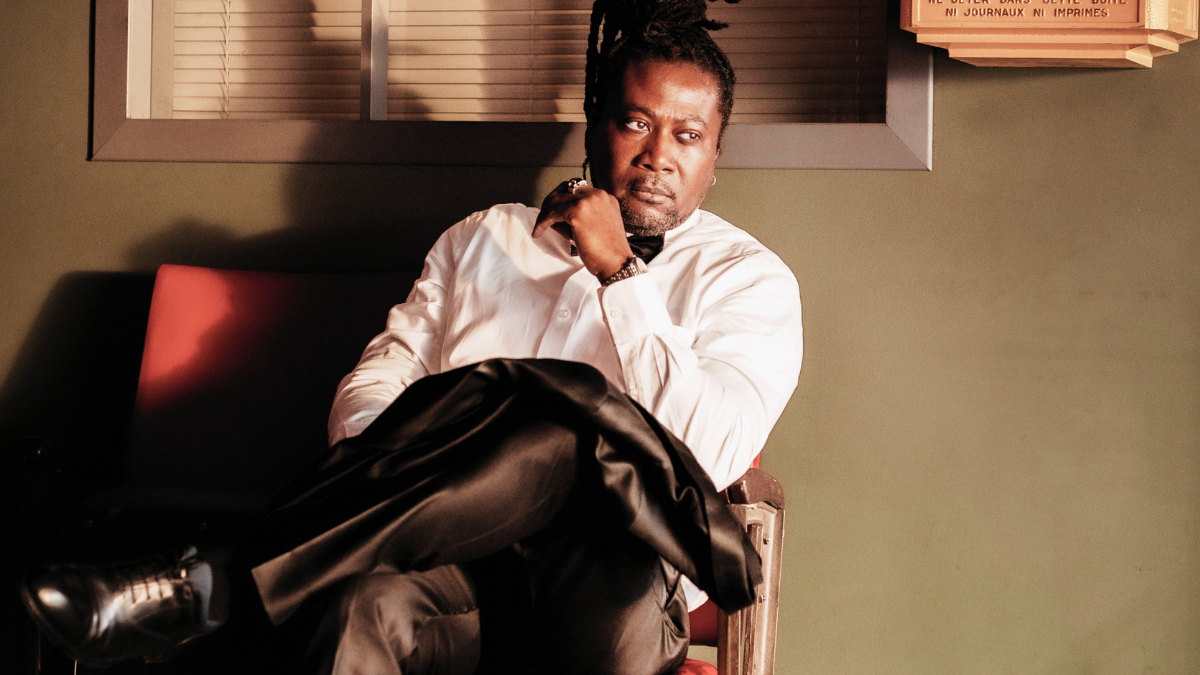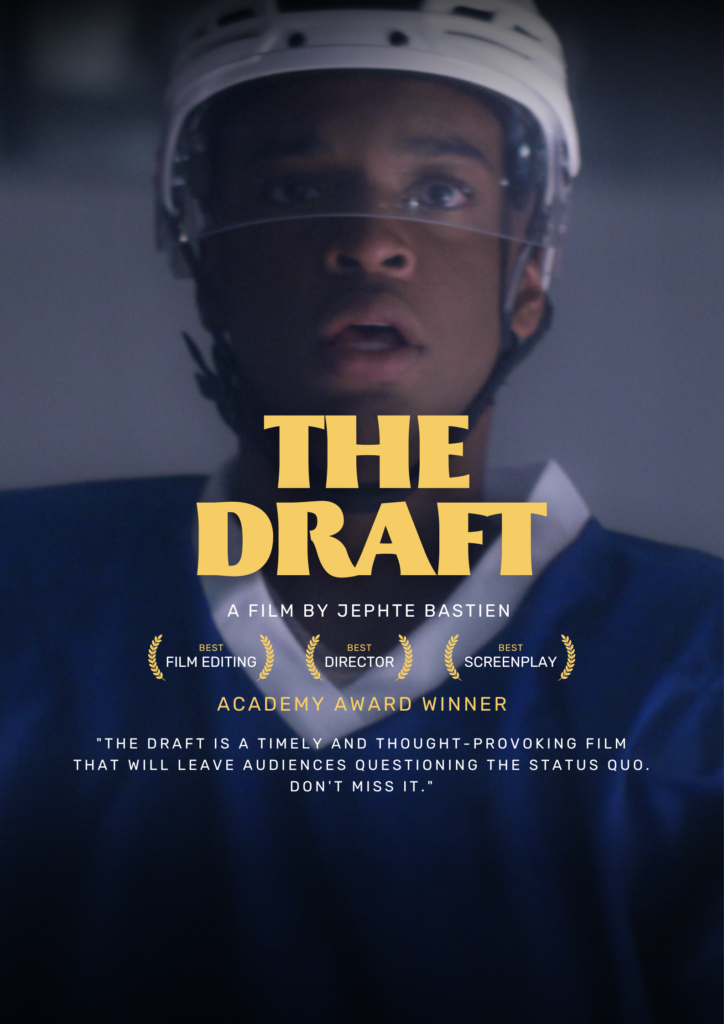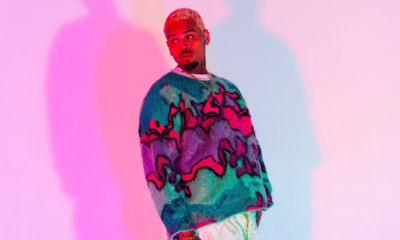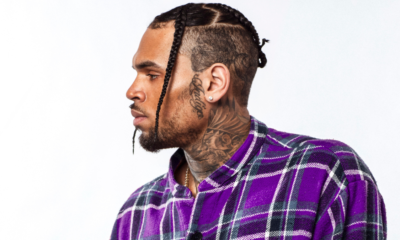TVM: How does it feel to twenty-three years old and to be touring your debut album?
Lianne: (Laughs) pretty great! It was my dream to do this. I’m living it. And it’s fantastic.
TVM: What do you enjoy most about your singing career?
Lianne: Probably the fact I get to see so much of the world. I wouldn’t have been able to travel this much had I chosen a different career path. So this is probably the best part: being able to travel around. Like I’ve always wanted to.
TVM: You studied Art. What made you pursue music full-time?
Lianne: I was always a bit more passionate about music. I love art and I love painting and making things. I like all aspects of the expressive arts. But when I left school, I discovered a whole different world of music. Just the fact I could express myself in other ways. So that’s what made me pursue music. Just to see what would happen.
TVM: Do you remember your first performance?
Lianne: Ever? Well, I don’t know. There’s been hundreds now (laughs). It was probably at school… Yes— I do remember it. It was in church during a Christmas choir solo. And I was so nervous, but I got over it. Then, everybody knew me in school for singing which I always wanted to be known for. So that was really cool.
TVM: Where did you get the confidence to perform on stage and in front of cameras?
Lianne: It’s been learned gradually over the years. Just to become more and more used to it and not afraid of it, and use it to be excited. It’s a weird thing to have to do, you know, to have to perform. You develop a kind of love for it. So that’s where I’m at now: where I’m happy to do it and excited to do it. I love it.
TVM: Do you prefer recording in the studio or performing live?
Lianne: I think I like them equally. I think writing is the most amazing experience. When you make a song you’re happy with, it’s like nothing else— the feeling of “getting a song”. I call it getting a song ‘cause I feel like they come from somewhere else. Like they’re already made and you just tap into it. It’s kind of special. So when you make one you’re like: Yes! That’s pure happiness. But when you play a really good show and express that music you’ve written for an audience— that’s another burst of happiness as well. I kind of see them in the same regard.
TVM: Going back to the live setting though, how much do you get from fans, and does it change the performance in any way?
Lianne: I think it does – Absolutely. When you’ve got a lot of appreciation from people, it just kind of makes you play better. When you know they like it, it’s very encouraging. It makes me feel very comfortable and makes me want to give them more, you know?
TVM: What kind of writer are you?
Lianne: I like to write ideas down just so I don’t forget them. Most people might carry a notebook around or write on their phone. Then I have to be on my own in a really quiet space, so I can only think about the music. Or with a friend & collaborator or various collaborators. I have done the most work with Matt Hales, who produced the album with me. We wrote the majority of the songs together. If I’m with him then I can put my head down and work. Sometimes I’ll just be playing the guitar for hours and then think of something suddenly. Or while I’m doing other things. It just depends really.
TVM: Who wrote the line: “We all make mistakes, we do. I learned from you”?
Lianne: I (laughs). Well, initially I liked the way it was sung. I think it’s a very relatable phrase. And then I was playing guitar, Willie and me were playing guitar together; sitting face to face on these two sofas in this apartment in New York, Brooklyn. We were just riffing. We were playing for a while and I heard this melody: we all make mistakes… the nature of the lyrics for each verse seemed to go nicely with the sentiment. The song really is about decision making. Mistakes and decisions are very closely linked.
TVM: How would you describe your voice?
Lianne: My own voice? (Laughs) I never had to describe my own voice before. Well, depends what time of day it is. In the morning it’s very husky; it’s a bit more emotional. In the evenings or if I haven’t sung for a few days then it’s very clean and youthful (laughs). But I hope either way that it’s very expressive.
TVM: When do you think you sound your best?
Lianne: Technically, in the evening I can do all kinds of things— Acrobatics. In the morning I can do less. I’ll make sure I focus more on my strengths when it’s a limited range.
TVM: Have you ever done a morning show?
Lianne: Yes, many times. In Holland I had to get up at 5:30 one time and do a breakfast show at 6:30, and sing. So that wasn’t too friendly to the voice. If I just sing in the morning and then I don’t have to do anything else— the voice remains intact (laughs). But it’s a fine line.
TVM: What kind of vocal warm ups do you do before and/or after a show?
Lianne: Before the show I like to sing with the whole band and we’ll all sing in harmony. I also like to hum really low just to open up if I haven’t done anything in the morning. And there are ways you can actually laugh to make sure you don’t strain your voice as well (laughs). Imagine how an opera singer would laugh.
TVM: Like this: Ha Ha Ha
Lianne: (Laughs) you kind of have to: Hé Hé Hé— you know? Laugh in your head voice as opposed to a chest voice, and then you’re not scraping at your throat. Or from your belly.
TVM: How would you describe your music?
Lianne: I would describe it as… there is this name for it. I can’t remember the name of the person who coined it as such. They called it Guitar R&B, which I quite like. It’s very soul and blues and jazz influence, but all delicately played on the electric guitar with finger-picking rhythms and strumming patterns. I distinguish myself by playing the electric guitar and singing: a clean, bluesy sound with soulful lyrics and vocals. That’s my sound (laughs).
TVM: Do you find what you eat affects your voice?
Lianne: I used to think about it more, but I think a lot of it is just placebo. I don’t think it really matters a lot of the time. I don’t like to eat just before going on stage. I don’t know if it really affects the voice— it’s rather feeling full on stage. It’s different for everyone. (Laughs) but I’ve done all that and it doesn’t matter.
TVM: What about what you drink?
Lianne: Um… water is a good idea. But it can make your voice too dry, actually. I find a little bit of sweetness in your drink makes it more lubricated. If you have that water that has the slight flavour to it then that’s nice for the voice. But just drinking water throughout the day is good. On stage I’d quite like to have something like white wine. Nothing fizzy otherwise you might burp on stage (laughs). Which isn’t good.
TVM: Has that ever happened?
Lianne: Yes (laughs). A few times, so I don’t have anything fizzy on stage anymore. White wine and water. I’ll drink them alternatively (laughs). It depends on the individual; I used to have whiskey.
TVM: What is your aim when you perform live?
Lianne: Well, not to fall over (laughs). Or do anything embarrassing. Overall, I want to just connect emotionally with the audience. I want them to feel as though they can relate to the songs. Or that they have made a new friend in me or with my band, which we normally achieve— I’m really happy about that. But that’s it really. To put across the appropriate emotions for each song and to annunciate the lyrics accurately so that people can know what I’m talking about (laughs).
TVM: In today’s competitive music industry, how important is social media?
Lianne: If you are into it and you have a big following, then it is important. But if you don’t really care about it and you don’t have anyone following you, then it’s not important. I think it is relative.
TVM: You have a pretty big following.
Lianne: Well I think… yeah (laughs). Now it’s big. I’m really surprised actually by the amount of people that are waiting on my every word (laughs). I like it though. I started my own Twitter and Facebook, my own Instagram and all those kind of things. I think they are fun; they’re fun to interact with your fans. But if you’re not that kind of artist, I don’t think it’s a big deal. I use them and I like to provide lots of information and witty banter. Just have fun with it; you mustn’t get too bogged down with it.
TVM: Are you currently working on a new project?
Lianne: Yes. There is very little time at the moment to focus on it, but once I finish touring I’ll take some time off to be in the studio.
TVM: What can we expect from you in the next five years?
Lianne: Well, I know where I hope to be, which I would love to have made maybe two or more albums in the next five years. Maybe three. I would love to have won some awards (laughs). I want to have seen more of the world, played in more countries and seen more amazing exciting stuff. Just to be doing the same thing— what I’m doing now really. Just to be making more music on the eternal quest for the perfect song (laughs).
TVM: What advice can you give to aspiring vocalists, both creatively and business-wise?
Lianne: Just make sure there are people around you who you trust. People who are willing to tell you when you are wrong. If you’ve got people around you who aren’t afraid to do that, then you’ll get more honest music out of it. Focus on the things that you like doing in your music.
TVM: Thank you so much, Lianne.


 Business3 years ago
Business3 years ago
 Business2 years ago
Business2 years ago
 Business2 years ago
Business2 years ago
 Business3 years ago
Business3 years ago
 Business3 years ago
Business3 years ago
 Business3 years ago
Business3 years ago
 Business3 years ago
Business3 years ago
 Business3 years ago
Business3 years ago

